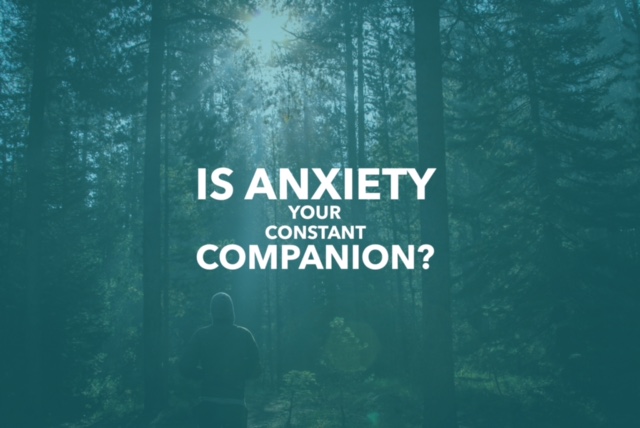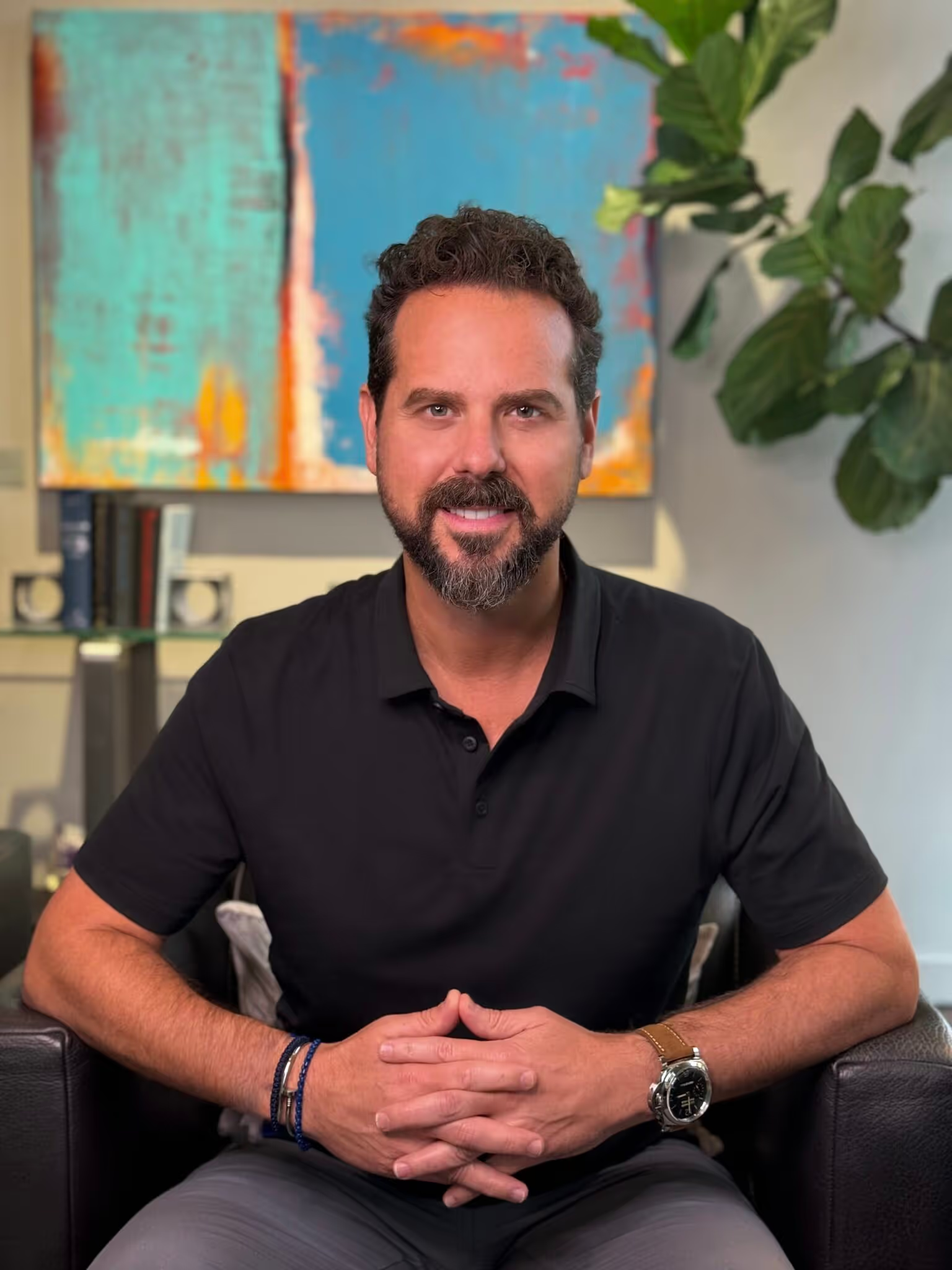
Is Anxiety Your Constant Companion?
When a circumstance in life isn’t working out the way you expected it to, or a relationship turns sour that you never thought would go bad, what do you feel before encountering that circumstance or relationship again?
In The Stories We Tell Ourselves, I defined anxiety, in most cases, as “a refusal to accept life the way that it is rather than the way we want it to be.” In other words, you feel anxiety when the picture in your mind of how you thought things would work out fails to live up to what actually happens.
Unfortunately, reality doesn’t always meet your expectations. If you don’t learn how to handle the discrepancies between real life and the fantastical expectations you may have about your life, anxiety will become a constant companion—an uninvited third party to your every relationship.
Physically, emotionally, mentally, and spiritually, you’ll feel the debilitating effects of anxiety. And the longer anxiety hangs around, the more debilitating it can become. The longer you refuse to acknowledge that chasm between your hopes and your reality, the longer anxiety will fester within.
The answer to lessening your anxiety isn’t to give up on your hopes or to fully refrain from thinking about what could be. Rather, lessening your anxiety is about decreasing the gap between what could be and what is. You can accomplish that through a number of means, but chief among them is seeking factual information (instead of making up stories in your head) and taking responsibility for your life and what life presents to you.
The more willing you are to point a finger at yourself during a trying situation and to see the facts of the matter, the less of a hold the stories you tell yourself will have on you. Consequently, you’ll be much more capable of accepting life the way that it is.
And you won’t have that interloping third party always hanging around anymore.

